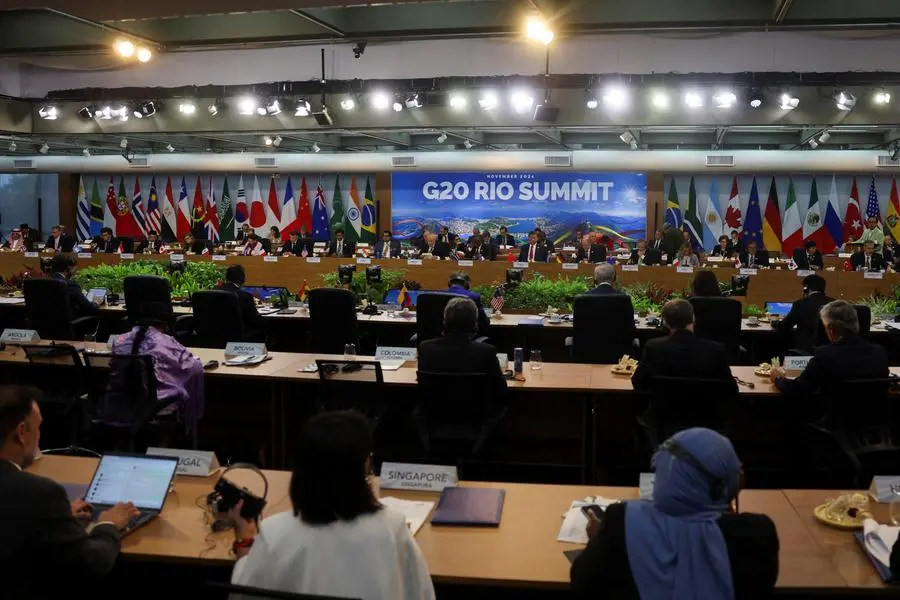PHOTO
There needs to be a broader and more standardised adoption of climate transition plans by firms, the G20's Financial Stability Board (FSB) said on Tuesday, for global authorities to better understand the risks facing the banking system.
In a new report just days before long-term climate change sceptic Donald Trump becomes U.S. President again, the G20's finance watchdog revealed differing views among countries on the relevance of using transition plans for risk monitoring.
Some countries now require firms to prepare and disclose transition plans, but there are others that do not, nor do they envision using them in the near future.
Satoshi Ikeda, Deputy Commissioner for International Affairs and Chief Sustainable Finance Officer at Japan’s Financial Services Agency, who chaired the FSB group that prepared the report, urged more to be done.
"Broader adoption of transition plans and continued efforts towards standardisation, including by international organisations and standard-setters, are key to making transition plans usable by financial authorities," the FSB said.
As well as the obvious costs to firms of more frequent droughts, floods or storms, institutions such as the International Monetary Fund have long warned that oil and gas sectors could also be left with billions of dollars worth of stranded assets as economies move to greener energy.
The FSB's call for more comprehensive disclosure on transition plans comes amid signs of backsliding on climate change commitments in global industry. A flagship coalition aimed at aligning the asset management industry with climate goals said on Monday it was suspending its activities, after BlackRock , the world's biggest investor, followed a string of top U.S. banks in quitting a sister group for lenders.
Trump will become president on January 20, with a Republican clean sweep in November elections expected to embolden those concerned about the impact of the transition on fossil fuel companies.
The FSB first started work on a "roadmap" for addressing climate-related financial risks in mid-2021.
It said Tuesday's new report was not providing recommendations "as such... but, rather, an early analysis of the role that transition plans and planning could play for financial stability purposes". (Additional reporting by Simon Jessop; Editing by Chizu Nomiyama )





















